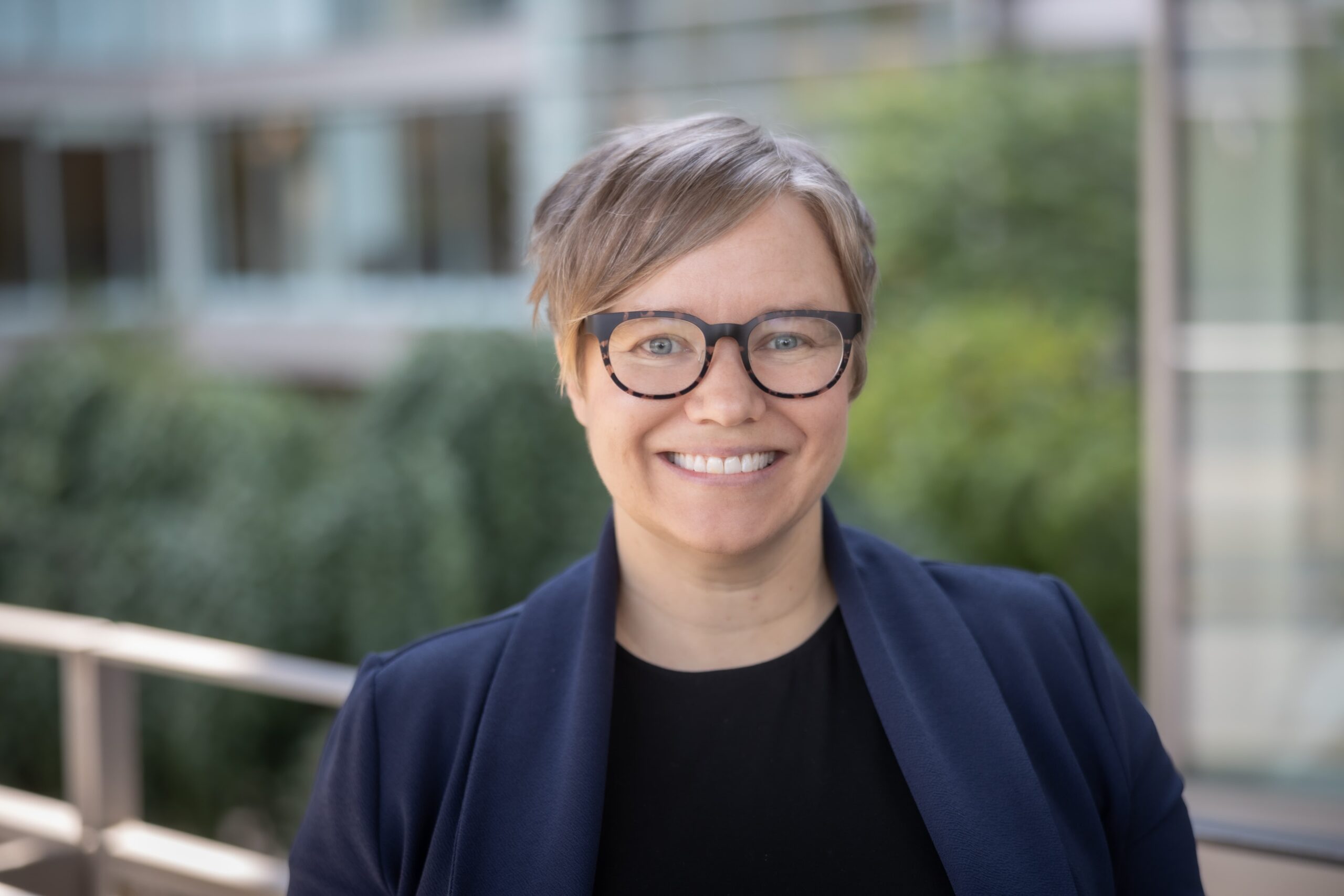PhD, MPH
Associate Professor, Department of Epidemiology
UNC-Chapel Hill
Cancer Epidemiology
Area of Interest
I am Associate Professor of Epidemiology and member of the UNC Lineberger Comprehensive Cancer Center at The University of North Carolina at Chapel Hill. I am a cancer epidemiologist and quantitative methodologist. I obtained postdoctoral training in healthcare delivery data science as an AcademyHealth Delivery Systems Science Fellow (DSSF). I also enjoyed a 10-year career as a clinical data manager for oncology clinical trials prior to my postgraduate training period.
My research program lies at the intersection of three interrelated foci:
- Identifying patterns of, and disparities in healthcare delivery for cancer, especially screening and diagnosis
- Disentangling the drivers of healthcare disparities, especially as they relate to social determinants of health (SDoH)
- “Big data” methods for population health research, especially the development of methods to improve the “research use” of electronic health records (EHRs)
Current research funding:
CDC Health Promotion and Disease Prevention Research Centers
09/30/2022-09/29/2024
2022 Special Interest Project Competitive Supplement
MPIs: Alice Ammerman (contact) / Caroline Thompson (study lead)
Understanding Pathways to Earlier Diagnosis for Ovarian Cancer in North Carolina
Despite low incidence rates and excellent treatment options for early-stage disease, ovarian cancer is the fifth leading cause of cancer-related mortality among women in the United States, due to it frequently being diagnosed at later stages when treatment success is less likely. In this study, we will analyze electronic health records, which contain rich clinical detail, to quantify and classify the cancer patient experience in the weeks and months before diagnosis. Our results will contribute evidence about clinical and healthcare factors related to early detection, which will be communicated to providers and patients in order to improve population-level ovarian cancer outcomes.
Gordon and Betty Moore Foundation (Diagnostic Excellence Award)
07/1/2022 – 12/31/2023
MPIs: Natalia Khalaf (Baylor College School of Medicine) / Caroline Thompson
Measuring Missed Opportunities in the Diagnosis of Gastrointestinal Cancers
We will develop digital quality measures (dQMs) of missed opportunities in diagnosis (MODs) in the GI cancer care diagnostic pathway, including avoidable emergency presentations (EPs). Our dcQMs will directly assess diagnostic process quality to help identify system-based and/or organizational factors for improving diagnosis, as the measures are sensitive to deficiencies in the diagnostic process. They will also address inequities as certain populations are more likely to experience avoidable MODs and EPs. The goal of our measures is to potentially facilitate earlier treatment, reduce care disparities, and allow assessment of the impact of multifaceted interventions to improve cancer diagnosis.
National Cancer Institute (R01-CA-264176)
07/01/2021 – 06/30/2026
PI: Caroline Thompson
Cancer Diagnosis in the Emergency Department: Explaining Persistent Disparities
Cancer is a frequent diagnosis in the emergency department (ED); ED cancer diagnoses are more common among minority and low income patients and result in poor outcomes, including lower survival. Evidence about emergency diagnosis of cancer in the United States (U.S.), and how to prevent it from occurring, is limited. This study will generate much needed evidence about this important problem, including who is affected, where, and why, illuminating a largely unrecognized issue to help identify modifiable drivers of disparities.

